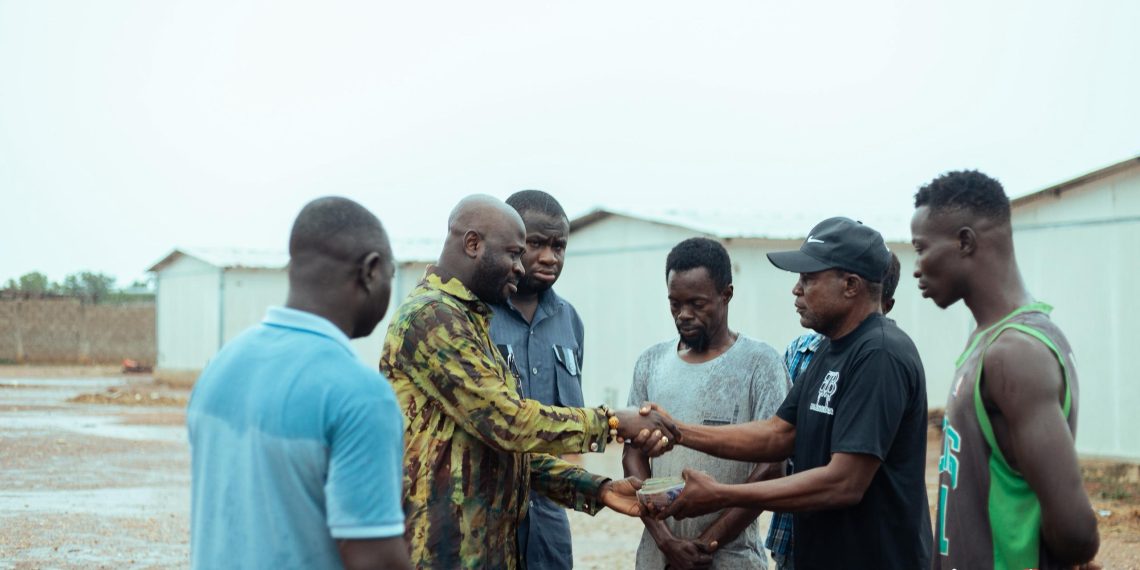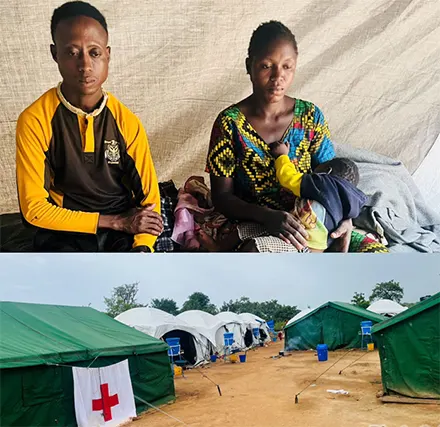As several African nations head into critical elections in 2025, security analysts are warning businesses and international organizations to brace for possible unrest, disruptions, and political volatility. With votes scheduled across Central, Eastern, and Western Africa, including post-coup Gabon and crisis-prone Côte d’Ivoire, experts stress the importance of early risk mitigation and preparedness.
Upcoming Election Timeline: Key Dates and Hotspots
-
April 12, 2025 – Gabon conducts its first presidential election since the 2023 military coup, led by interim President Brice Oligui Nguema.
-
September 2025 – Malawi goes to the polls, with unresolved tensions from the controversial 2019 elections still lingering.
-
October 2025 – Presidential and legislative elections are set to take place in Tanzania, Cameroon, and Côte d’Ivoire, all marked by high political stakes and underlying tensions.
Why These Elections Matter
Several of these countries have histories of post-election crises. For instance:
-
Côte d’Ivoire’s 2010 electoral dispute triggered a civil war that still haunts the political landscape.
-
Malawi’s 2019 protests, sparked by allegations of electoral fraud, led to months of nationwide unrest.
With familiar faces like President Alassane Ouattara and Simone Gbagbo (former First Lady of Côte d’Ivoire) expected to run, old rivalries may resurface.
In Cameroon, President Paul Biya’s possible eighth-term bid, ongoing Anglophone separatist conflicts, and extremist activity in the Far North present a potent mix of risks.
Top Security Threats to Watch
According to security experts, businesses operating in these nations should prepare for the following:
-
Heightened political tensions and civil unrest, especially around polling days and result announcements.
-
Targeted violence or clashes at election venues, particularly in historically contested regions.
-
Infrastructure disruptions—such as internet blackouts, transport blockades, and power outages—caused by strikes, sabotage, or government security responses.
Expert Guidance for Businesses and NGOs
Adam Lakhani, Security Director for Europe, Maghreb, and sub-Saharan Africa, recommends organizations take the following steps:
-
Update and test contingency plans, including evacuation and stand-fast strategies for local teams.
-
Map business-critical sites and assess their proximity to known protest hotspots or election flashpoints.
-
Install real-time intelligence systems and set up alert protocols for staff and leadership.
-
Ensure all staff have access to emergency communication tools (both digital and physical).
-
Discourage travel during volatile periods, especially around polling stations or political rallies.
Final Outlook: Preparation Is Protection
With the 2025 electoral season expected to shape the political trajectory of several African nations, proactive security measures are essential for businesses, NGOs, and diplomatic missions.
Those who invest in early planning, intelligence, and communication will be better equipped to navigate disruptions and safeguard operations through what may be a turbulent but transformative period for the continent.
Source: https://www.modernghana.com






